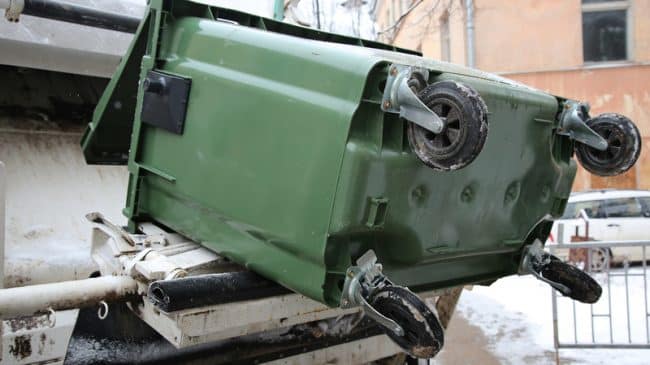Next month’s special election on contracting out Fresno’s residential trash collection to help balance the city’s budget will hopefully end the long-running battle over something that shouldn’t have been controversial in the first place.
In California, cities like Riverside, Oakland and Torrance already use private trash collectors. It’s a service that is regularly privatized across the country. In fact, a 2007 survey of municipal governments by the International City-County Management Association found that residential trash collection was outsourced to in over 57 percent of suburban governments, 39 percent of rural towns and 29 percent of large cities.
Mayors across the country, Democrats and Republicans, are looking to improve government’s efficiency and cut costs by partnering with the private sector.
Shortly after he was elected mayor of Chicago, Rahm Emanuel, who served as President Barack Obama’s chief of staff, turned to outsourcing to create a head-to-head competition with the city’s recycling city workers. Chicago saved $2.2 million during just the first six months and the competition from the private companies also prompted the city’s own recycling crews to lower their costs by 35 percent. Emanuel is now working to expand public private partnerships to other city services.
Similarly, former President Bill Clinton advisor Alvin Brown, now mayor of Jacksonville, Florida, is pursuing an array of public-private partnerships to maintain buildings and the city’s vehicle fleet. The mayor is aiming to save the city $1 million up front and about $1.5 million per year.
Fresno’s financial situation is bleak. The city budget tenuously closes a $15 million deficit, the city’s bonds are rated as a junk and it cannot count on another massive housing market boom or bubble to bring back the tax revenues of a decade ago.
The proposed trash contract with Mid Valley Disposal would bring Fresno $1.5 million up front and $2.5 million a year over the life of the contract. The contract also guarantees residents a 15 percent reduction in trash bills and better service. If Mid Valley fails to deliver on either of those things, it loses the contract.
While $2.5 million a year from a public-private partnership for trash collection won’t solve all of Fresno’s budget woes, it would turn an expense into revenue and certainly help close the budget deficit.
Fresno’s leaders are attempting to use the private sector to reduce costs, improve services and ensure that city resources are available for the highest-priority tasks. And the city’s trash collectors are right as well: they aren’t the only cause of Fresno’s dismal fiscal outlook. But there’s a better, much cheaper alternative for the city’s trash collection out there. And the Mid Valley will hire all the current workers.
When a city is facing the major challenges that Fresno is, it cannot afford to choose protecting government workers over making efficiency improvements and realizing large costs savings for the city and its residents.
Leonard Gilroy is director of government reform and Adrian Moore, who lives in Tehachapi, is vice president of policy at the Los Angeles-based Reason Foundation, a free market think tank. The column was originally published in The Business Journal on May 31, 2013.


